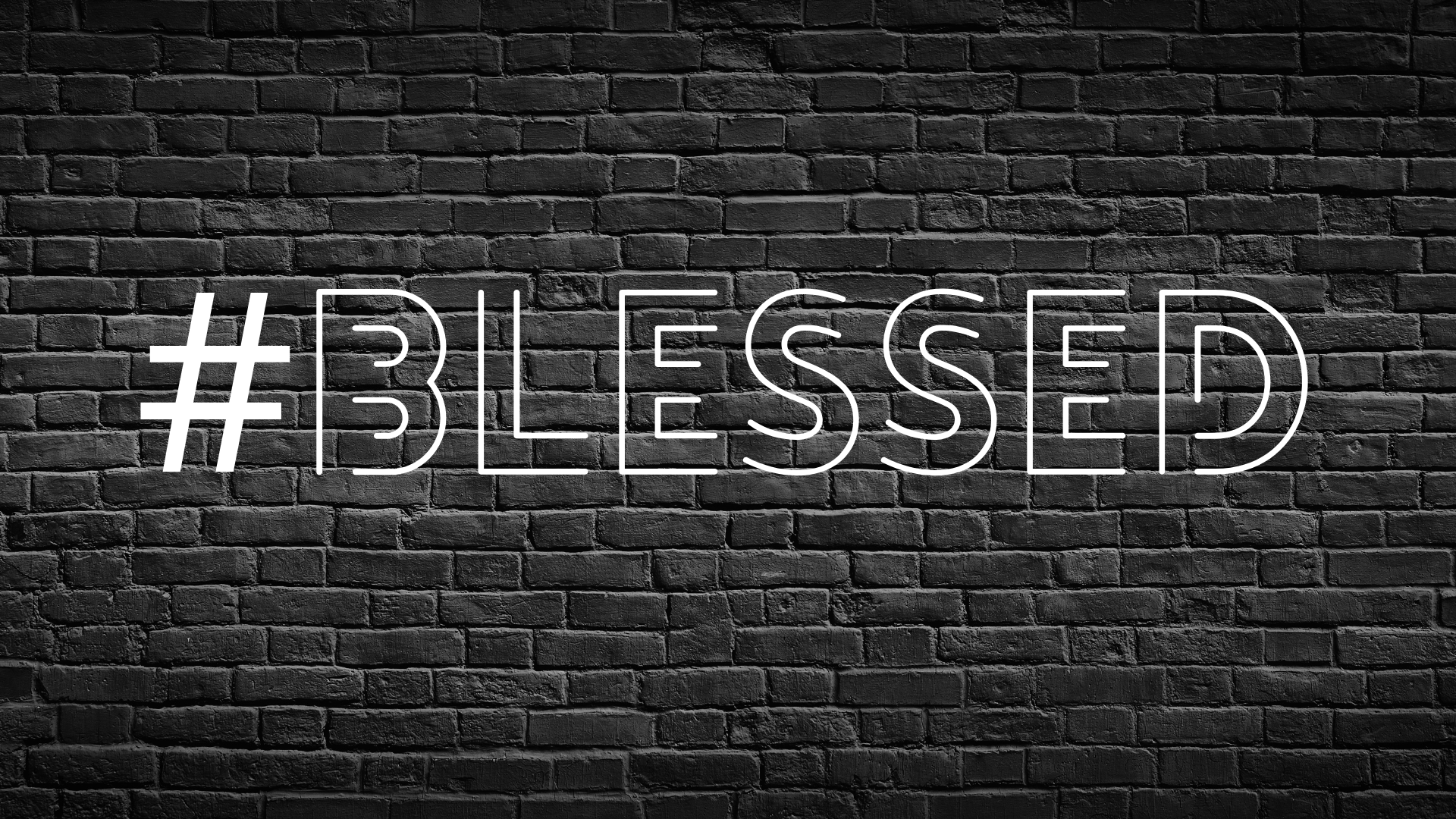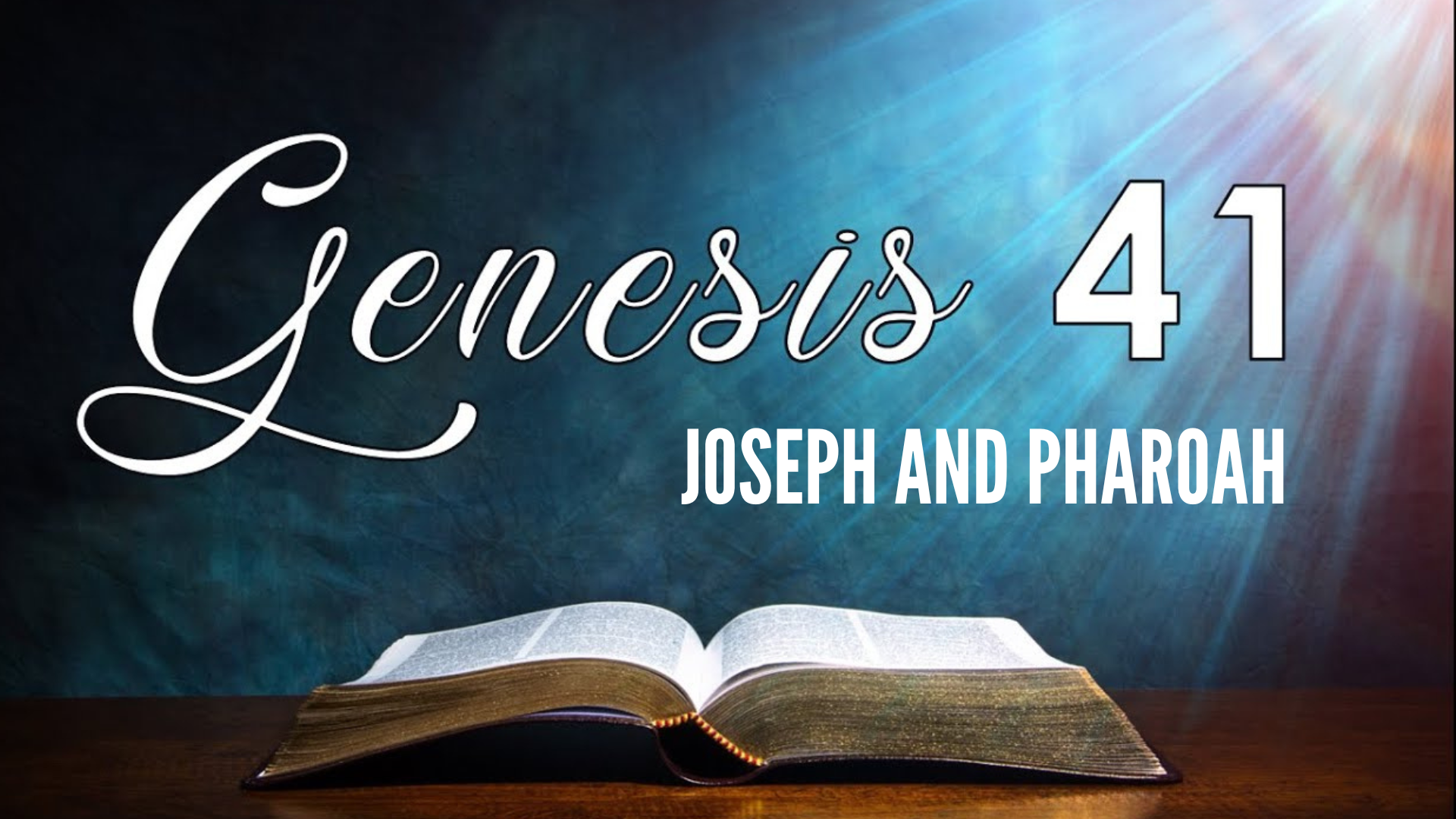THE COST OF DISCIPLESHIP
1. Be Wholly Devoted to Christ (Luke 9:57-62)
A. Hasty Vow (Luke 9:57-58)
B. Delayed Commitment (Luke 9:59-60)
C. Looking Back (Luke 9:61-62)
2. Love Christ Above All Others (Matthew 10:34-39)
A. A Sword (Matthew 10:34-37)
B. A Cross (Matthew 10:38-39)
3. Deny Yourself and Follow Christ (Matthew 16:21-27)
A. The Right Mind-Set (Matthew 16:21-23)
B. The Right Actions (Matthew 16:24-27)
Central Truth: The Christian life requires total devotion to Christ.
Focus: Count the cost of Christian discipleship and embrace the call to follow Christ.
Evangelism Emphasis: Wholly devoted Christians will draw sinners to Christ.
Text: “He that findeth his life shall lose it: and he that loseth his life for my sake shall find it” (Matthew 10:39).
INTRODUCTION
There are many reasons people come to the point of accepting God’s offer of salvation. Often some kind of crisis event takes place that opens the individual up to a need they have in their life which exceeds their personal capacity. In such a moment, people are more willing to look beyond themselves and their current understanding of their situation. Such an openness provides an avenue for the Holy Spirit to convict and draw that individual to salvation. No matter the situation, we should always be thankful and joyful as another person is reconciled to God because of the life, death, and resurrection of Jesus Christ.
However, it is not enough for someone to come to the Lord during a time of difficulty. When the crisis is over, will the strength of their devotion begin to wane? What will happen when discipleship itself becomes difficult?
True discipleship is a call to be completely devoted to Jesus, no matter the cost. It requires a depth of commitment that is made possible only by God’s grace enabling our faithful response. Such a commitment will manifest in a willingness to endure hardship, as well as a life marked by a Christlike attitude and behavior.
Bill Hull said, “Discipleship isn’t a program or an event; it’s a way of life. It’s not for a limited time, but for our whole life. Discipleship isn’t for beginners alone; it’s for all believers for every day of their life. Discipleship isn’t just one of the things the church does; it is what the church does” (The Complete Book of Discipleship).
1. BE WHOLLY DEVOTED TO CHRIST
A. Hasty Vow (Luke 9:57-58)
57 And it came to pass, that, as they went in the way, a certain man said unto him, Lord, I will follow thee whithersoever thou goest. 58 And Jesus said unto him, Foxes have holes, and birds of the air have nests; but the Son of man hath not where to lay his head.
Luke gives us a snapshot of three different types of responses to the call to be a disciple. He uses the term follow to describe this call. The idea of following in terms of discipleship implies more than simply coming in behind someone or moving in the same direction. It also suggests the idea of compliance. If you “follow” in this sense, you position yourself behind someone, moving in the same direction after them in order to imitate them.
The first incident Luke describes was of someone who may have already been walking along the road with Jesus as He traveled through the area. Perhaps it was something compelling in the way Jesus spoke. Or, possibly, it was a result of witnessing a miracle of healing. Whatever the reason, this man told Jesus that he was going to follow Him wherever He went.
Had it been one of us in place of Jesus, we might have been thrilled at the attention. We might think, This man is so moved and impressed that he wants to follow me wherever I go! But, being fully God and anointed by the Holy Spirit, Jesus had the wisdom and presence of mind to understand the need to explore this man’s declaration more deeply. He responded by saying, “Foxes have dens [to live in] and birds have nests, but the Son of Man has no place to lay his head” (v. 58 NIV). Of course, we know from Scripture that Jesus had friends who took care of Him during His ministry. But the implication of His statement to the potential disciple was clear—“I have left everything to fulfill this mission. Are you willing to do the same?” Luke does not record the man’s response, but it appears he was unwilling to pay that kind of price to follow Jesus.
- Describe the level of commitment Jesus requires of His followers.
B. Delayed Commitment (Luke 9:59-60)
59 And he said unto another, Follow me. But he said, Lord, suffer me first to go and bury my father. 60 Jesus said unto him, Let the dead bury their dead: but go thou and preach the kingdom of God.
In the second situation Luke describes, Jesus extends the invitation to “follow” Him (v. 59). The person in question seems willing on the surface. All he asks is the opportunity to go and bury his father first. Jesus’ response—“Let the dead bury their dead”—might seem unfeeling to the modern reader.
In order to better understand Jesus’ response, it is helpful to note the cultural practices around the process of burial. The typical pattern for a family would be to bury their loved one the week after their death. Had this man still been in that initial mourning period, he would not have been outside talking with Jesus. However, about a year after the initial burial, once the body had largely decomposed, the elder son would return and transfer the bones to a special type of box called an ossuary, which would have then been placed in the wall of the Temple. So, this man was actually suggesting to wait up to a year to begin following Jesus once this stage of the burial was complete (The IVP Bible Background Commentary).
Jesus’ response was to advise this man, “Allow the [spiritually] dead to bury their own dead” (v. 60 Amp.) “The first word dead, in this expression means the ‘spiritually dead,’ the second one the ‘naturally dead.’ The meaning evidently is that funerals may be safely left to those who, being without spiritual life themselves, attach importance to all ceremonies and customs belonging to this life, and are sure to attend to them” (J. C. Ryle, Expository Thoughts on the Gospels).
We see from this passage that our commitment to follow Jesus has to transcend any other duty or identity we possess. Of course, an important part of following Jesus is to give honor to our fathers and mothers. This passage should not lead us to believe otherwise. But it does clearly demonstrate the priority of the commitment to following Jesus one makes in responding to the call to be a disciple.
Serving the Eternal King
When an individual wishes to join a branch of the military service in the United States, they must recite an oath of enlistment committing to “support and defend the Constitution of the United States against all enemies, foreign and domestic, bear true faith and allegiance to the same, and obey the orders of the President of the United States and the orders of the officers appointed over them.” When we consider that Jesus is the eternal King and His kingdom will know no end, how much more should those who will follow Him be willing to lay down our lives in His service, whatever form that may take?
C. Looking Back (Luke 9:61-62)
61 And another also said, Lord, I will follow thee; but let me first go bid them farewell, which are at home at my house. 62 And Jesus said unto him, No man, having put his hand to the plough, and looking back, is fit for the kingdom of God.
The third example Luke gives in this passage is similar to the first in that an individual volunteers to follow Jesus. In his case, the only stipulation is a desire to return to his house and say goodbye to his loved ones. Jesus again responds in a way that seems abrupt and even demanding when He tells him, “No one who puts his hand to the plow and looks back [to the things left behind] is fit for the kingdom of God” (v. 62 Amp.).
This episode is reminiscent of the call of Elisha in 1 Kings 19:19-21. In that instance, Elijah allowed Elisha to go and say farewell to his family. But in this case, the call to follow Jesus seems to demand even more than the call to become a prophet in the Old Testament. One cannot choose to genuinely follow Jesus and then look back any more than one can expect to plow a straight furrow when looking backward. The call to discipleship requires total commitment to Jesus as reflected in the words of the old song titled “I Have Decided to Follow Jesus” . . . “no turning back, no turning back.”
- Today, what does Jesus call us to leave behind in order to follow Him?
2. LOVE CHRIST ABOVE ALL OTHERS
A. A Sword (Matthew 10:34-37)
34 Think not that I am come to send peace on earth: I came not to send peace, but a sword. 35 For I am come to set a man at variance against his father, and the daughter against her mother, and the daughter in law against her mother in law. 36 And a man's foes shall be they of his own household. 37 He that loveth father or mother more than me is not worthy of me: and he that loveth son or daughter more than me is not worthy of me.
In this passage, Jesus quotes from Micah 7. There the prophet was speaking of a day of judgment when Assyria would rise up against Israel. In that day, no one would be able to “trust anyone, not even [their] best friend” (v. 5 CEV). It would be every person for himself, with sons disrespecting fathers, and daughters despising mothers (v. 6). Family members would become enemies of one another in an attempt to survive the siege. This paints a terrible picture of suffering and hardship resulting in Jewish people turning their backs on their own family.
Jesus’ use of this powerful imagery is telling. By implication, He is saying He will be so violently rejected that it will cause men and women to divide over Him. Furthermore, He says to His hearers that the call to follow Him is higher than one of the highest duties in Judaism—the love and care of family members. Only God himself could demand a greater love and loyalty. This is not to say one forsakes family members when responding to the call to follow Jesus. It speaks of what is given priority. Everything the disciple of Jesus does is out of the highest commitment to Him, including the care of family members. We are commanded to love others, including our family, but that love proceeds from our “first love”—love for Christ, which is an overflow of God’s love for us (Rom. 5:5).
Furthermore, loving Christ even above family means an individual’s primary identity is being a disciple of Jesus. The priority of the disciple is to follow Jesus for the purpose of emulating Him and living fully out of love for Him. When family characteristics arise that are contrary to this focus, the disciple will choose to keep their focus on following Jesus. A true disciple of Jesus will not allow familial patterns of negative behavior contrary to the way of Jesus to serve as an excuse for not following Him. Because they love Him more than their own family of origin, they will repent and allow Him to transform them into people who look and act like Him, even if their family members don’t understand or agree. The cycle of negative family patterns is thereby broken in the disciple’s life. This transformation has a powerful beneficial effect on generations to come.
No Picking and Choosing
Our common way of avoiding radical discipleship is to be selective: choosing those areas in which commitment suits us and staying away from those areas in which it will be costly. But because Jesus is Lord, we have no right to pick and choose the areas in which we will submit to His authority.—John Stott, The Radical Disciple
B. A Cross (Matthew 10:38-39)
38 And he that taketh not his cross, and followeth after me, is not worthy of me. 39 He that findeth his life shall lose it: and he that loseth his life for my sake shall find it.
We should not become disciples of Jesus because we want life to become easier. Indeed, when we become followers of Jesus, things may seem to get worse before they get better, as we have already seen in this lesson. Jesus used the language of cross-bearing to describe the self-sacrificing nature of discipleship. This would become clearer to His disciples when He began His journey toward Jerusalem and, ultimately, carried a cross to the site of His execution.
We are less than serious about cross-bearing when we speak of it in terms of an inconvenience. We are not “bearing our cross” because we have a job we don’t like or have our routine interrupted by some annoyance. Jesus was using the language of martyrdom. This may sound strange to contemporary Christians who live in parts of the world where we are not putting our lives at risk to follow Jesus. In the United States, for example, we may experience some form of Christian persecution in isolated cases. But when the field of vision is expanded to include Christians around the world, it quickly becomes clear that many believers are literally giving up their lives because of their faith in Jesus.
At the least, we can say cross-bearing will cost us some comfort and convenience. The intersection of the vertical and horizontal beams is instructive in that we could consider them representative of human will intersecting with God’s will. Becoming a disciple of Jesus means submitting our will to His, just as Jesus submitted His will to the Father in the Garden of Gethsemane on the eve of His execution. The intersection of the horizontal and vertical beams can represent for us that place where our will collides with the will of God. There we must be willing to take up our cross and follow Him. Jesus is clear when He said a failure to do this indicates we are “not worthy” of Him.
- In verse 39, what does Jesus mean in His statement about finding and losing?
3. DENY YOURSELF AND FOLLOW CHRIST
A. The Right Mind-Set (Matthew 16:21-23)
21 From that time forth began Jesus to shew unto his disciples, how that he must go unto Jerusalem, and suffer many things of the elders and chief priests and scribes, and be killed, and be raised again the third day. 22 Then Peter took him, and began to rebuke him, saying, Be it far from thee, Lord: this shall not be unto thee. 23 But he turned, and said unto Peter, Get thee behind me, Satan: thou art an offence unto me: for thou savourest not the things that be of God, but those that be of men.
This moment in Matthew’s Gospel is when Jesus begins to speak clearly about His suffering and death to the disciples. There is no more veiled language to reference this pending event. Jesus tells them He “must go” to Jerusalem (v. 21), but this is not because He has a fatalistic attitude. As will be shown in His prayer in Gethsemane, Jesus is committed to the will of the Father. As to what that means, Jesus is clear—He must go to Jerusalem, suffer many things from the religious leaders, be killed, and come back to life on the third day (v. 21).
Peter’s response is a shocking deviation from the normal behavior of a disciple in this period of time. It was not considered appropriate for a disciple to rebuke his teacher, much less in public. But Peter does exactly that because he is confused by the words of Jesus. He, like other Jewish people, expected the Messiah to be a triumphant figure, not one who undergoes such suffering. Jesus’ response to Peter is equally shocking: “Get behind Me, Satan!” (v. 23 NKJV).
Why is Jesus responding in such a harsh manner to one of His closest disciples? Perhaps it is because He could hear the same diabolical temptation behind Peter’s words as He had encountered directly in His wilderness experience of temptation (see Matt. 4:1-10; Luke 4:1-13). At that time, Satan tempted Jesus to build His kingdom through displays of power—turning stones into bread or jumping off the pinnacle of the Temple in front of a crowd—or by choosing to worship Satan in exchange for the kingdoms of the world and their glory. The temptation was as clear as it was an evil lie; gain the crown without suffering the cross. And now again, Jesus hears a similar message from His own disciple when He announces His death: “Far be it from You, Lord; this shall not happen to You!” (Matt. 16:22 NKJV). Jesus does not confuse Peter with Satan; He recognizes the voice of the Evil One and rebukes him directly.
How consistent our enemy is; tempting not only Christ himself, but also us to believe it is possible to follow the will of God without taking up our cross, whatever that might be. Like Jesus, we must say, “Get behind me, Satan!” We must have the mind-set of Christ in our willingness to submit to the will of the Father wherever it may take us. We must trust that His purposes will be fulfilled in and through our lives and we will live with Him in eternity.
A Living Thing
When the church becomes an end in itself, it ends. When Sunday school, as great as it is, becomes an end in itself, it ends. When small-group ministry becomes an end in itself, it ends. When the worship service becomes an end in itself, it ends. What we need is for discipleship to become the goal, and then the process never ends. The process is fluid. It is moving. It is active. It is a living thing. It must continue to go on. Every disciple must make disciples.—Robby Gallaty
B. The Right Actions (Matthew 16:24-27)
24 Then said Jesus unto his disciples, If any man will come after me, let him deny himself, and take up his cross, and follow me. 25 For whosoever will save his life shall lose it: and whosoever will lose his life for my sake shall find it. 26 For what is a man profited, if he shall gain the whole world, and lose his own soul? or what shall a man give in exchange for his soul? 27 For the Son of man shall come in the glory of his Father with his angels; and then he shall reward every man according to his works.
Once again, Jesus issued a clear directive for those who would follow Him, echoing the language referenced previously in Matthew 10:38-39. We must be willing to deny ourselves, take up our cross, and follow Him. For Jesus’ disciples hearing the clarifying words of what was about to happen to Him, this statement took on a stark meaning. As has been recounted in church tradition, most of them did become martyrs.
In this passage, we can clearly see the connection between decisions made in the present age and their consequences in eternity. To “save” our life (16:25) is a reference to an unwillingness to bear our cross in favor of accruing the temporary comforts offered by this fallen world system. Such a decision will find in eternity that what we desperately tried to save is ultimately lost. The opposite is true as well. A willingness to forsake comfort and ease in favor of bearing our cross in this life will result in receiving an eternal reward in the life to come. In light of this truth, Jesus points out the foolishness of exchanging our soul for wealth and power offered by this present fallen age (v. 26). What does this world offer that could ever approach the value of our soul?
All of this is assured based on the fact that this same Jesus who was about to suffer and die by human hands will ultimately return in power and glory in the company of His angels (v. 27). At that time, we will be rewarded according to our works. This does not mean salvation can be purchased by our works; Scripture is clear that our works are insufficient to save us. But this passage teaches our work matters so much that it will be the basis for our reward as Jesus’ disciples. Perhaps this is what Paul was referring to in Philippians 2:12 when he said, “Work out your own salvation with fear and trembling.” In that passage, we understand the idea of “working out” as laying hold of the things “for which Christ has also laid hold of [us]” (3:12 NKJV).
- Respond to Jesus’ two questions in verse 26.
FORMULA FOR FLOURISHING
We make a mistake when we invite someone to follow Jesus by telling them everything will become easy, will get better immediately, or will all make sense right away. Many times, it is the exact opposite. Only in the new heaven and new earth will we see all things become as they truly should be. Until then, we may think we know what it takes to flourish as a human being (or in Jesus’ words, to “find life”), but only in giving up our own vision of human flourishing in favor of His will do we find what it truly means to flourish. The way to find true life is to lay down our life, pick up the cross, and follow Jesus.
Daily Devotions
M. Total Devotion Brings Favor (2 Kings 20:1-6)
T. A Father’s Plea for Devotion (1 Chronicles 28:1-10)
W. Careless Words Undermine Devotion (Job 15:1-6)
T. Devoted to One Another (Romans 12:9-17)
F. Undivided Devotion (1 Corinthians 7:28-35)
S. Led Away From Pure Devotion (2 Corinthians 11:1-4)
Adopted from the Evangelical Sunday School Lesson Commentary 2021-2022.









